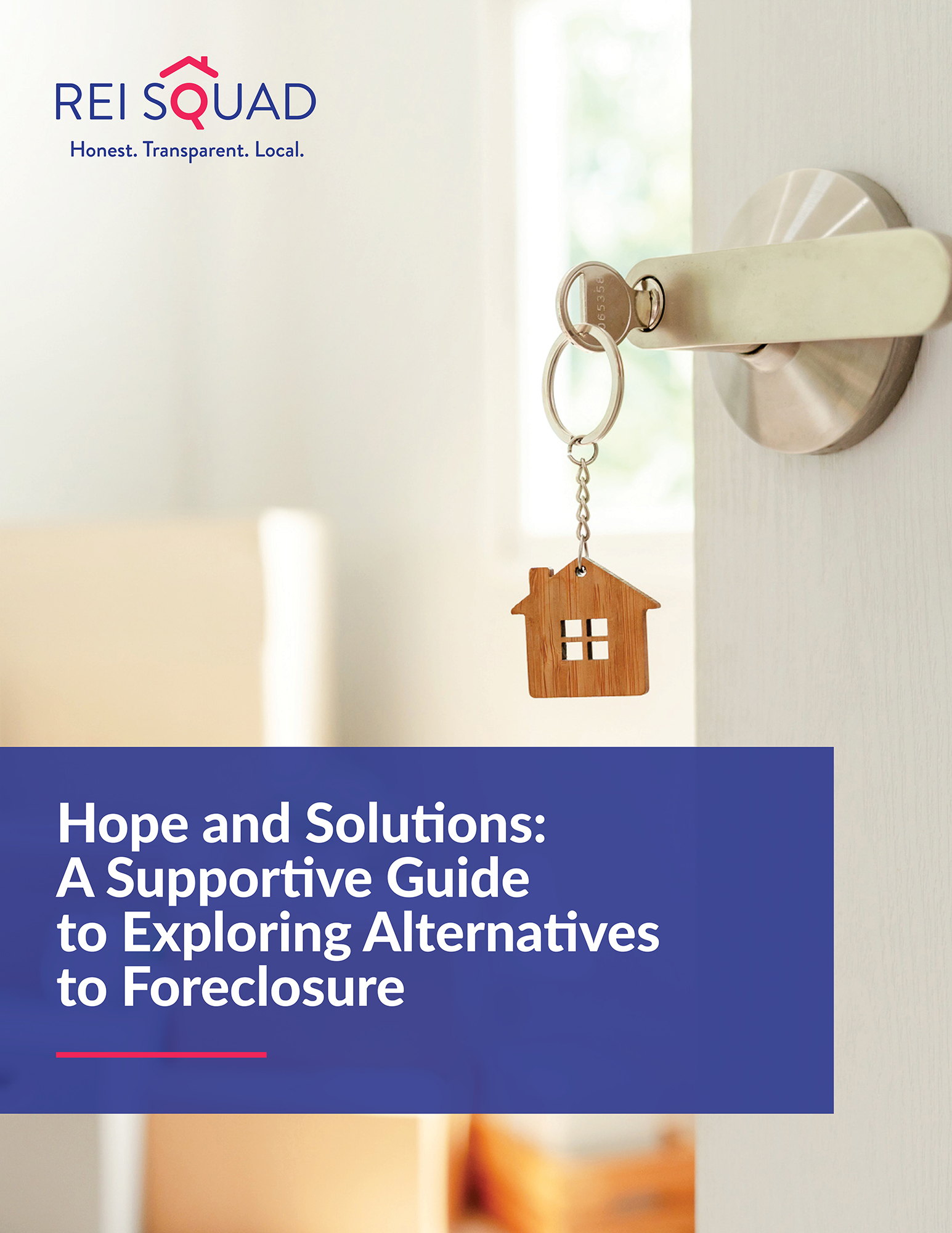Protecting Your Credit Score: The Impact of Pre-Foreclosure Sale vs. Foreclosure
When facing financial challenges that put your home at risk, understanding the impact of foreclosure versus pre-foreclosure sales on your credit score is essential. Making informed decisions can help you minimize long-term financial damage and set a path toward recovery. This guide explores how these options affect your credit and offers strategies to protect your financial future.

Understanding Credit Score Basics
How Housing Decisions Affect Your Score
Your credit score reflects your financial reliability, and housing-related decisions can significantly influence it. Late mortgage payments, foreclosures, and short sales are all reported to credit bureaus, potentially lowering your score. These events indicate financial distress, which lenders view as risky.
Key Credit Score Factors
Several factors determine your credit score:
- Payment History (35%): Late or missed payments have the most significant impact.
- Credit Utilization (30%): High balances relative to credit limits can hurt your score.
- Credit History Length (15%): A longer history of responsible credit use benefits your score.
- Credit Mix (10%): A variety of account types, such as credit cards and loans, is favorable.
- New Credit (10%): Multiple recent inquiries or new accounts can lower your score temporarily.
Credit Impact Comparison: Pre-Foreclosure vs. Foreclosure
Foreclosure Impact and Timeline
A foreclosure is one of the most damaging events for a credit score. It can lower your score by 100 to 160 points or more, depending on your starting point. The foreclosure remains on your credit report for seven years, making it harder to secure loans or favorable terms during that time.
Pre-Foreclosure Sale Impact
A pre-foreclosure sale, also known as a short sale, typically has a less severe impact on your credit than foreclosure. While it still results in a negative mark, the drop in your score is often smaller and recovery faster. Lenders may view a short sale as a proactive effort to resolve financial difficulties.
Short Sale vs. Cash Sale Effects
If you manage to sell your home for cash before foreclosure proceedings escalate, the impact on your credit can be even less significant. A cash sale demonstrates financial responsibility and may avoid some of the formal negative reporting associated with short sales or foreclosures.
Minimizing Credit Damage from Foreclosure
Timing Considerations
Acting quickly when you realize you’re at risk of foreclosure can reduce its impact. Contacting your lender early may provide options like loan modifications or repayment plans that could prevent foreclosure altogether.
Communication Strategies
Open communication with lenders is crucial. Explain your situation honestly and explore alternatives such as forbearance or short sales. Many lenders prefer these options over the lengthy and costly foreclosure process.
Documentation Importance
Keep detailed records of all communications with lenders and any agreements made. Proper documentation can protect you in case of disputes and help demonstrate good faith efforts to resolve the situation.
Long-Term Credit Implications of a Pre-Foreclosure Sale
Recovery Timeline Expectations
The timeline for recovering from a pre-foreclosure sale is shorter than that of a foreclosure. While both events remain on your credit report for seven years, the reduced severity of a short sale’s impact allows for faster rebuilding—often within two to three years with responsible credit use.
Future Borrowing Potential
Lenders are more likely to approve loans after a pre-foreclosure sale than after a foreclosure. Demonstrating consistent payment history post-sale and maintaining low debt levels will improve borrowing chances over time.
Employment Considerations
Some employers review credit reports during hiring processes. A pre-foreclosure sale may reflect better on your financial responsibility compared to a foreclosure, potentially safeguarding employment opportunities.
Protect Your Credit Score with a Pre-Foreclosure Home Sale
Choosing a pre-foreclosure home sale over foreclosure is often the best way to protect your credit score and financial future. By acting proactively, communicating with lenders, and exploring alternatives like cash sales or short sales, you can minimize damage and recover more quickly.
If you’re considering selling your home fast for the best price during pre-foreclosure, consult experts who understand the nuances of these transactions. With proper pre-foreclosure guidance, you can navigate this challenging time while preserving as much financial stability as possible.
Remember: Your credit score doesn’t define you—it’s a tool that reflects past decisions and helps shape future opportunities. With informed choices and proactive steps, you can rebuild stronger than ever before.








